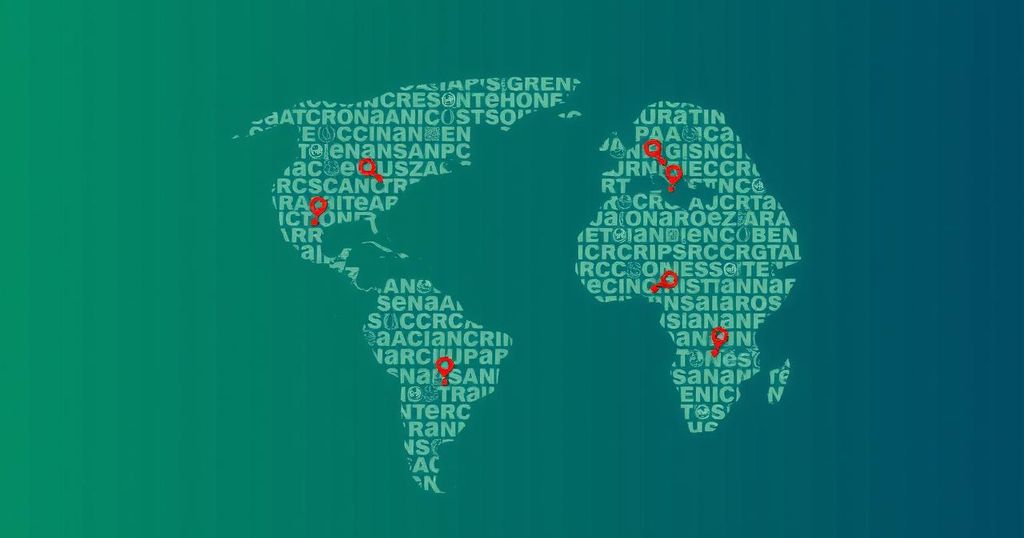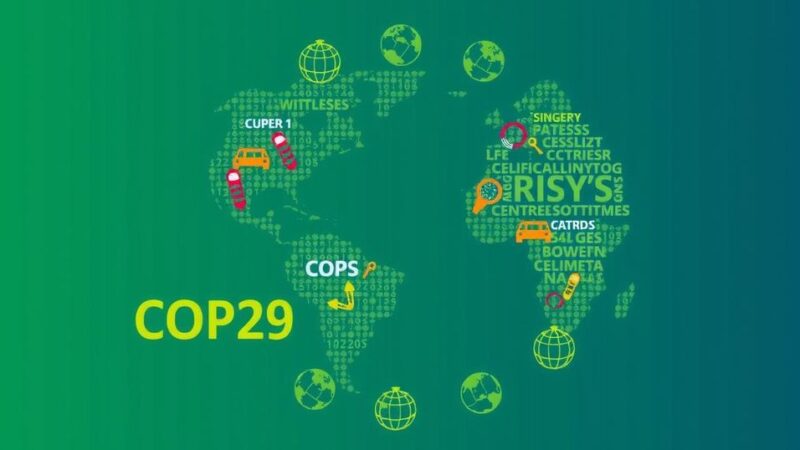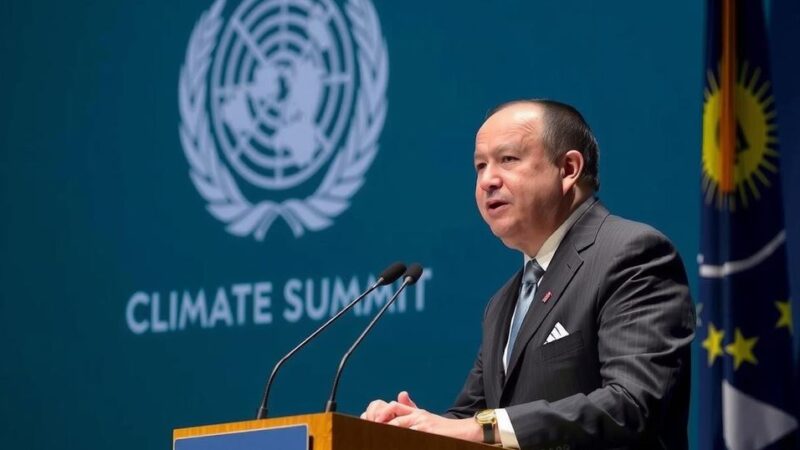The COP29 summit established a $300 billion annual climate finance target for developed nations, aimed at assisting poorer countries. This deal faced significant backlash for being deemed “woefully insufficient” by recipients due to a lack of mandatory accountability mechanisms for wealthy nations. Experts emphasized that without enforceable commitments, the effectiveness of these pledges remains doubtful, amplifying the sense of betrayal felt by developing nations engaged in climate negotiations.
At the recent COP29 summit in Baku, nations adopted a global climate finance target of $300 billion annually aimed at supporting poorer countries in addressing the effects of climate change. However, this agreement was met with criticism from its intended beneficiaries, who deemed it “woefully insufficient.” Experts voiced concerns regarding the lack of a mandatory accountability mechanism, which raises doubts about the commitment of wealthy nations to fulfill their pledges.
The summit’s discussions revolved around the New Collective Quantified Goal for climate financing and resolutions related to the global carbon market as outlined in Article 6 of the Paris Agreement. The post-2025 climate finance objectives mandate developed nations to provide at least $300 billion annually, while a broader goal of $1.3 trillion per year by 2035 was established for supporting developing countries’ climate initiatives. Negotiators faced significant obstacles, with initial discussions nearly faltering before a fragile compromise emerged, allowing richer nations to increase their financial commitments slightly.
Several prominent figures expressed their dismay at the inadequate pledges. Cedric Schuster, chair of the Alliance of Small Island States, lamented, “Our islands are sinking. How can you expect us to go back to the women, men, and children of our countries with a poor deal?” Similarly, Jiwoh Abdulai, Sierra Leone’s Climate Minister, criticized the deal as indicative of wealthy nations’ lack of goodwill toward the most vulnerable countries. Tasneem Essop from the Climate Action Network described the negotiations as a
The COP29 summit marked a crucial juncture in global climate negotiations where countries sought to establish a robust financial framework to support poorer nations in combating climate change. The commitment to a $300 billion annual finance target by developed nations signifies an acknowledgment of their responsibility; however, the efficacy and sincerity of these commitments are being scrutinized. The lack of enforceable accountability mechanisms raises significant concern about the willingness of wealthier countries to deliver on their promises, further complicating the dynamics of global climate collaboration.
In summary, the COP29 summit’s agreement for $300 billion in annual climate financing has been met with considerable skepticism and criticism from developing nations. The absence of a binding accountability mechanism poses a risk to the credibility of commitments made by developed nations. As the global community addresses the pressing climate crisis, ensuring equitable responsibilities and genuine action from wealthier countries is essential to foster meaningful collaboration and support for vulnerable populations worldwide.
Original Source: www.globaltimes.cn






